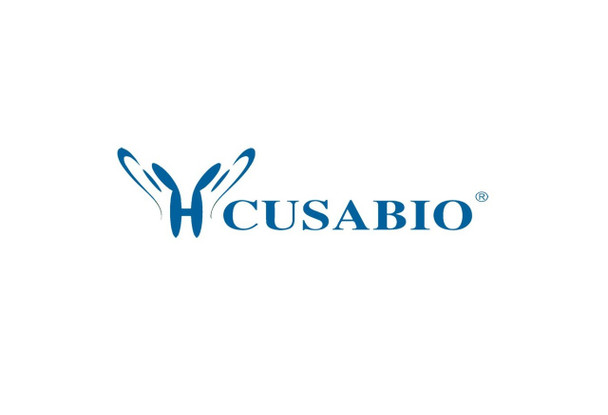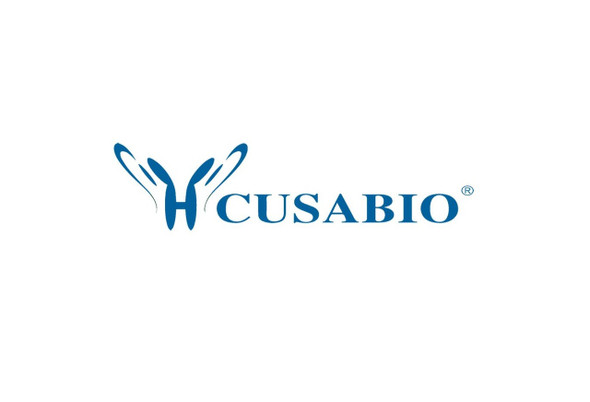Cusabio Virus & Bacteria Recombinants
Recombinant Schizosaccharomyces pombe Sulfide:quinone oxidoreductase, mitochondrial (hmt2) | CSB-EP526087SXV
- SKU:
- CSB-EP526087SXV
- Availability:
- 13 - 23 Working Days
Description
Recombinant Schizosaccharomyces pombe Sulfide:quinone oxidoreductase, mitochondrial (hmt2) | CSB-EP526087SXV | Cusabio
Alternative Name(s): Cadmium resistance protein 1Heavy metal tolerance protein 2
Gene Names: hmt2
Research Areas: Others
Organism: Schizosaccharomyces pombe (strain 972 / ATCC 24843) (Fission yeast)
AA Sequence: ASTHHKVLVVGGGSAGISVAHQIYNKFSKYRFANDQGKDTSLKPGEIGIVDGAKYHYYQPGWTLTGAGLSSVAKTRRELASLVPADKFKLHPEFVKSLHPRENKIVTQSGQEISYDYLVMAAGIYTDFGRIKGLTEALDDPNTPVVTIYSEKYADAVYPWIEKTKSGNAIFTQPSGVLKCAGAPQKIMWMAEDYWRRHKVRSNIDVSFYTGMPTLFSVKRYSDALLRQNEQLHRNVKINYKDELVEVKGSERKAVFKNLNDGSLFERPFDLLHAVPSMRSHEFIAKSDLADKSGFVAVDQSTTQSTKFPNVFAIGDCSGLPTSKTYAAITAQAPVMVHNLWSFVNGKNLTASYNGYTSCPLLTGYGKLILAEFLYKQEPKESFGRFSRFLDQTVPRRMFYHLKKDFFPFVYWNFAVRNGKWYGSRGLIPPHFPVN
Source: E.coli
Tag Info: N-terminal 6xHis-SUMO-tagged
Expression Region: 25-459aa
Sequence Info: Full Length of Mature Protein
MW: 65 kDa
Purity: Greater than 90% as determined by SDS-PAGE.
Relevance: Catalyzes the oxidation of hydrogen sulfide, with the help of a quinone.
Reference: Molecular cloning of the gene involved in cadmium sensitivity of fission yeast Schizosaccaromyces pombe.Mutoh N., Kawabata M., Nakagawa C., Yamada K.The genome sequence of Schizosaccharomyces pombe.Wood V., Gwilliam R., Rajandream M.A., Lyne M.H., Lyne R., Stewart A., Sgouros J.G., Peat N., Hayles J., Baker S.G., Basham D., Bowman S., Brooks K., Brown D., Brown S., Chillingworth T., Churcher C.M., Collins M. , Connor R., Cronin A., Davis P., Feltwell T., Fraser A., Gentles S., Goble A., Hamlin N., Harris D.E., Hidalgo J., Hodgson G., Holroyd S., Hornsby T., Howarth S., Huckle E.J., Hunt S., Jagels K., James K.D., Jones L., Jones M., Leather S., McDonald S., McLean J., Mooney P., Moule S., Mungall K.L., Murphy L.D., Niblett D., Odell C., Oliver K., O'Neil S., Pearson D., Quail M.A., Rabbinowitsch E., Rutherford K.M., Rutter S., Saunders D., Seeger K., Sharp S., Skelton J., Simmonds M.N., Squares R., Squares S., Stevens K., Taylor K., Taylor R.G., Tivey A., Walsh S.V., Warren T., Whitehead S., Woodward J.R., Volckaert G., Aert R., Robben J., Grymonprez B., Weltjens I., Vanstreels E., Rieger M., Schaefer M., Mueller-Auer S., Gabel C., Fuchs M., Duesterhoeft A., Fritzc C., Holzer E., Moestl D., Hilbert H., Borzym K., Langer I., Beck A., Lehrach H., Reinhardt R., Pohl T.M., Eger P., Zimmermann W., Wedler H., Wambutt R., Purnelle B., Goffeau A., Cadieu E., Dreano S., Gloux S., Lelaure V., Mottier S., Galibert F., Aves S.J., Xiang Z., Hunt C., Moore K., Hurst S.M., Lucas M., Rochet M., Gaillardin C., Tallada V.A., Garzon A., Thode G., Daga R.R., Cruzado L., Jimenez J., Sanchez M., del Rey F., Benito J., Dominguez A., Revuelta J.L., Moreno S., Armstrong J., Forsburg S.L., Cerutti L., Lowe T., McCombie W.R., Paulsen I., Potashkin J., Shpakovski G.V., Ussery D., Barrell B.G., Nurse P.Nature 415:871-880(2002)
Storage: The shelf life is related to many factors, storage state, buffer ingredients, storage temperature and the stability of the protein itself. Generally, the shelf life of liquid form is 6 months at -20?/-80?. The shelf life of lyophilized form is 12 months at -20?/-80?.
Notes: Repeated freezing and thawing is not recommended. Store working aliquots at 4? for up to one week.
Function: Catalyzes the oxidation of hydrogen sulfide, with the help of a quinone.
Involvement in disease:
Subcellular Location: Mitochondrion
Protein Families: SQRD family
Tissue Specificity:
Paythway:
Form: Liquid or Lyophilized powder
Buffer: If the delivery form is liquid, the default storage buffer is Tris/PBS-based buffer, 5%-50% glycerol. If the delivery form is lyophilized powder, the buffer before lyophilization is Tris/PBS-based buffer, 6% Trehalose, pH 8.0.
Reconstitution: We recommend that this vial be briefly centrifuged prior to opening to bring the contents to the bottom. Please reconstitute protein in deionized sterile water to a concentration of 0.1-1.0 mg/mL.We recommend to add 5-50% of glycerol (final concentration) and aliquot for long-term storage at -20?/-80?. Our default final concentration of glycerol is 50%. Customers could use it as reference.
Uniprot ID: O94284
HGNC Database Link: N/A
UniGene Database Link: N/A
KEGG Database Link: KEGG
STRING Database Link: STRING
OMIM Database Link: N/A









